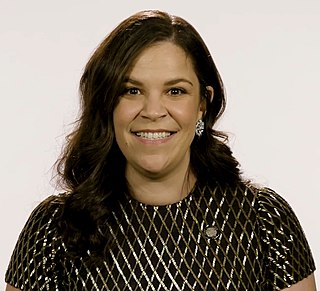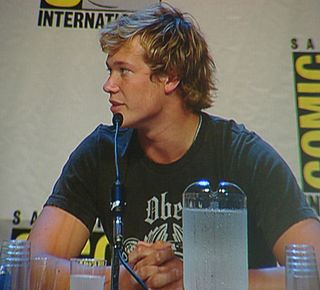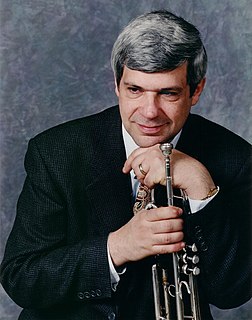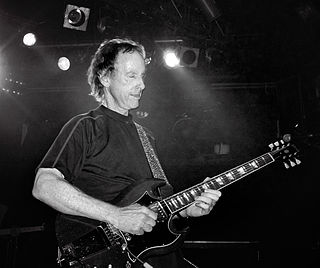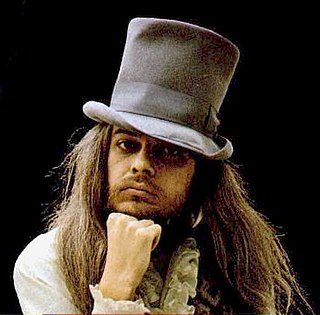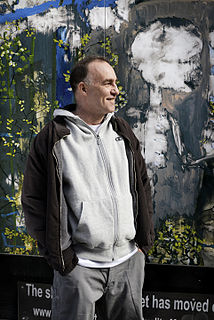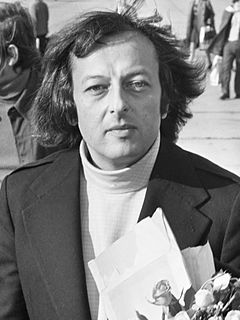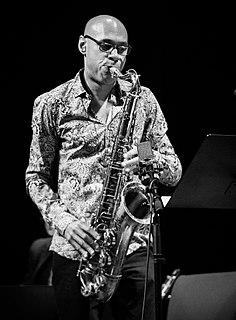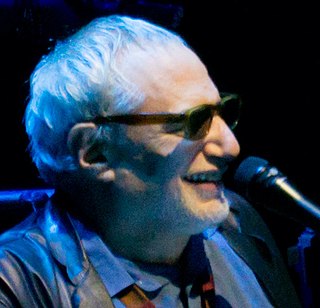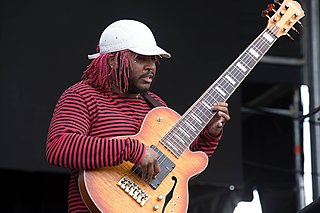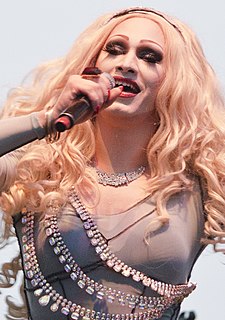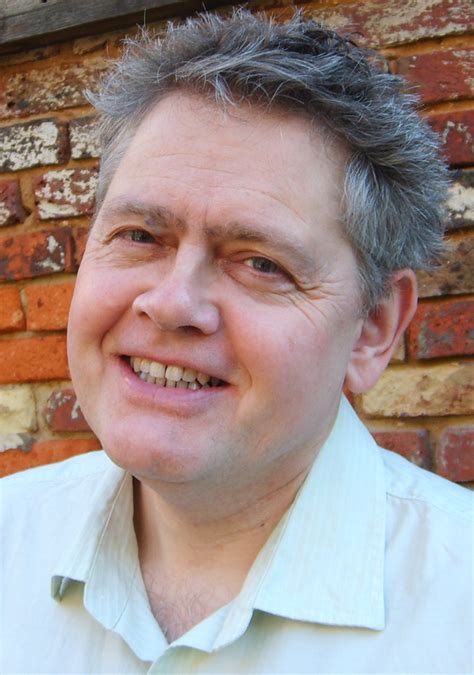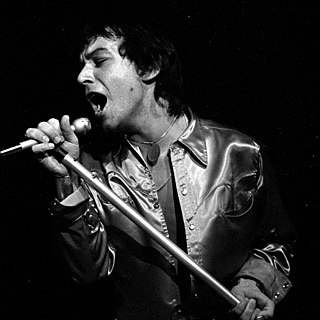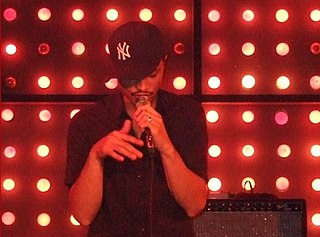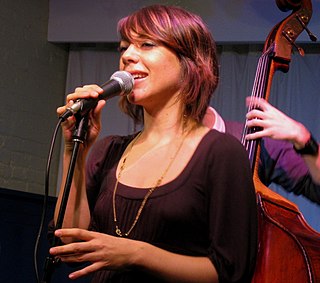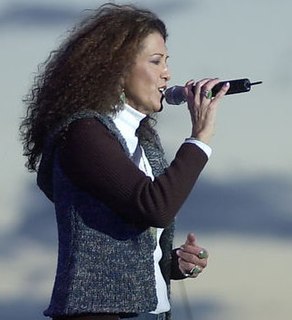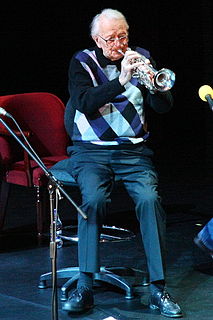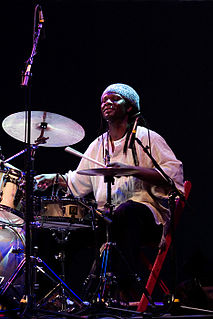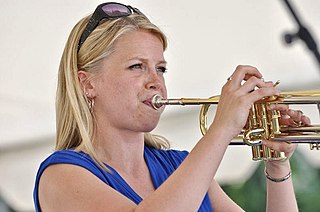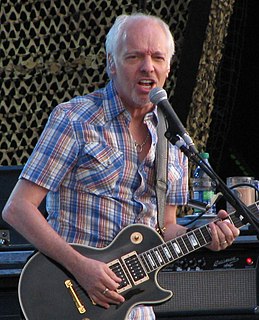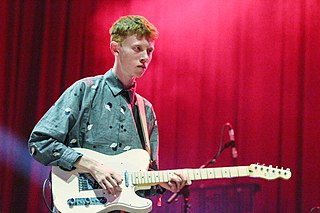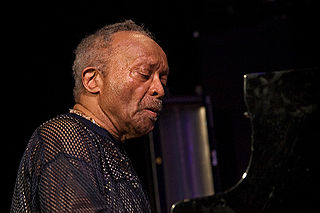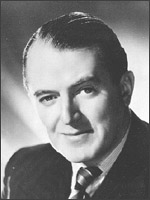Top 1200 Jazz Quotes & Sayings - Page 5
Explore popular Jazz quotes.
Last updated on December 5, 2024.
Through the dark days of legalized segregation and on into the civil rights era, jazz shone as a beacon for achieving interracial respect and understanding. It seemed as if the dream of a color-blind society was within reach in the jazz world, where musicians were judged on merit and not skin color.
I never liked jazz music because jazz music doesn't resolve. But I was outside the Bagdad Theater in Portland one night when I saw a man playing the saxophone. I stood there for fifteen minutes, and he never opened his eyes. After that I liked jazz music. Sometimes you have to watch somebody love something before you can love it yourself. It is as if they are showing you the way. I used to not like God because God didn't resolve. But that was before any of this happened.
My school music teacher, Al Bennest, introduced me to jazz by playing Louis Armstrong's record of "West End Blues" for me. I found more jazz on the radio, and began looking for records. My paper route money, and later, money I earned working after school in a print shop and a butcher shop went toward buying jazz records. I taught myself the alto saxophone and the drums in order to play in my high school dance band.
In some ways, jazz is the most precise of art forms and the loosest in the sense that it's all about improvisation, but the musicianship required is kind of insane. To actually play with real jazz musicians is a different level of musicianship that almost has no equal in any other form of music in the world.
I was born in Philadelphia, Pennsylvania, and am a product of a family that were jazz aficionados and also very interested in progressive politics. And so I had a lot of artists and musicians in my home. Lots of Latin music, folk, and jazz and blues, bluegrass-type of stuff. Painters and stuff like that.
It's always difficult to define what jazz is or what jazz isn't. To me, the only definition that I can think of is it's music where a lot of different elements are played at the same time. The harmonic, the melodic... You're pushing the boundaries on every level. That could be true of rhythm and blues as well. I'm a musician.
